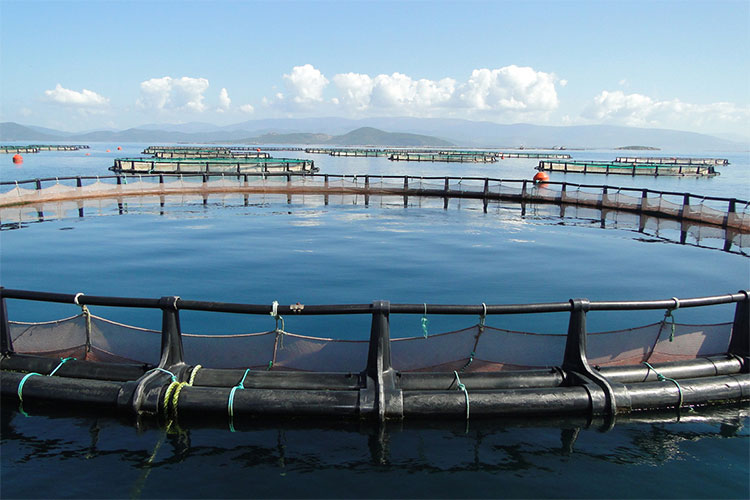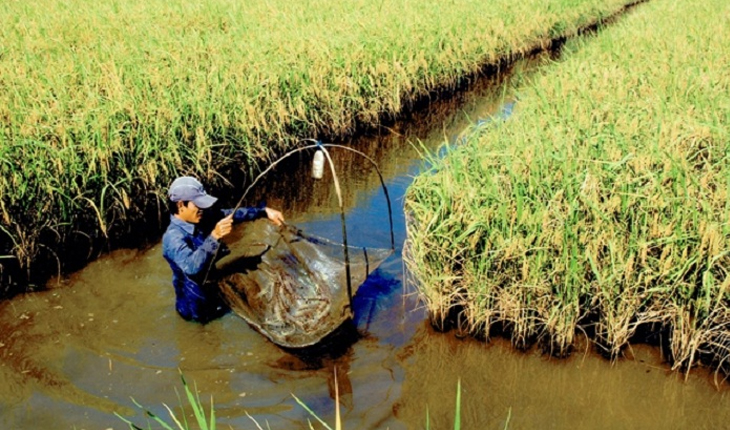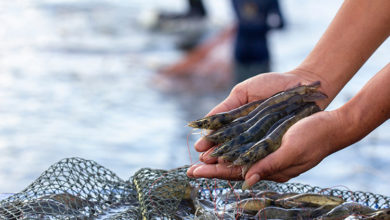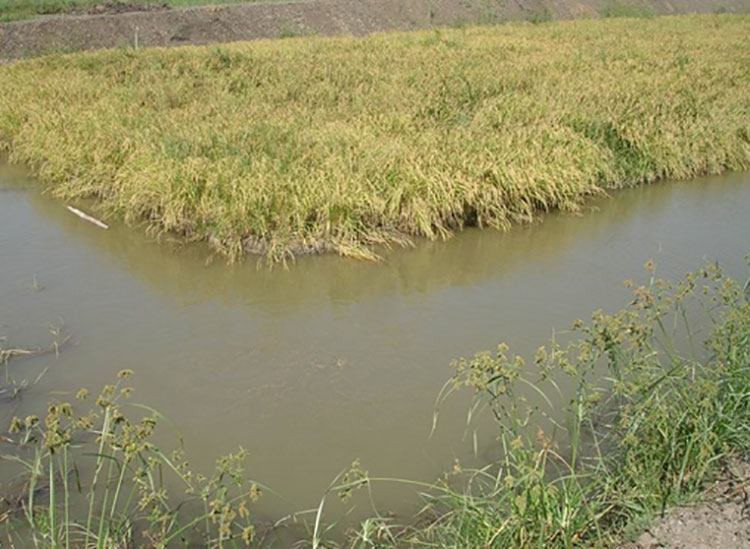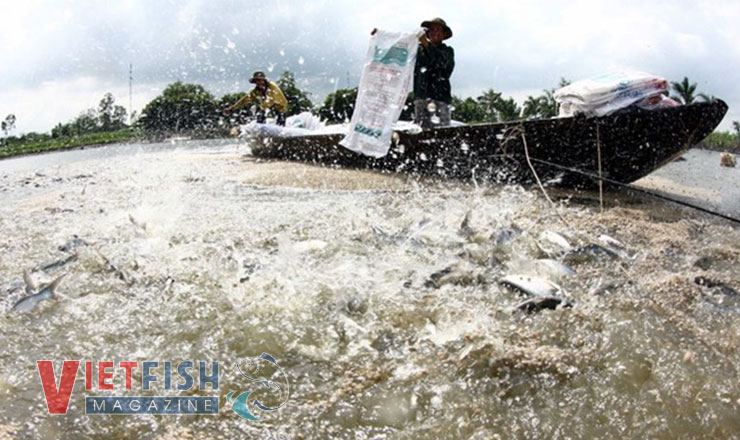Quảng Ninh attracts investors to marine aquaculture
Quảng Ninh has spent over a year perfecting the aquaculture planning down to each village, ready to hand over marine space to businesses and residents for up to 30 years.
“Quảng Ninh aims to become the marine aquaculture center of the Northern region,” shared Nguyễn Minh Sơn, Director of the Department of Agriculture and Rural Development of Quảng Ninh province.
As one of the localities possessing many inherent strengths for the development of marine economy and aquaculture with over 2,000 large and small islands, a coastline stretching 250km from Móng Cái to Quảng Yên, 40,000 hectares of tidal flats, over 20,000 hectares of estuaries, bays… Quảng Ninh focuses on attracting investment, developing the aquaculture sector, with a policy to avoid conflicts with the tourism industry and instead create added value.
Sơn emphasized that over the past year, Quảng Ninh province has focused on developing a spatial planning for the aquaculture sector to hand over to businesses and residents for a maximum period of 30 years. This space is planned down to each village, and all households engaged in aquaculture are reviewed. Consequently, households intending to switch professions may be allocated coastal areas to transition from exploitation to aquaculture.
To create favorable conditions for businesses, Quảng Ninh has concentrated its efforts on marine environmental management. The marine areas now use environmentally friendly materials and adhere to higher aquaculture operation standards.
From March 31st to April 1st, Quảng Ninh Provincial People’s Committee in coordination with the Ministry of Agriculture and Rural Development organizes the “Sustainable aquaculture development conference, Insights from Quảng Ninh,” commemorating the 65th anniversary of Vietnam’s Fisheries industry (April 1st, 1959 – April 1st, 2024).
Sơn stated that on this occasion, Quảng Ninh will announce marine areas to attract investment in aquaculture and sign cooperation commitments to develop aquaculture with some strategic domestic and international investors. Identifying existing issues and obstacles in the state’s legal procedures for implementing aquaculture on the sea, solutions will be discussed.
Moreover, Quảng Ninh hopes to introduce potentials, strengths, mechanisms, and policies to attract investment in developing aquaculture towards industrial, modern, multi-value direction; simultaneously consult opinions from experts, scientists, and businesses inside and outside the province to organize sustainable development of aquaculture in Quảng Ninh province in the coming years.
VFM


